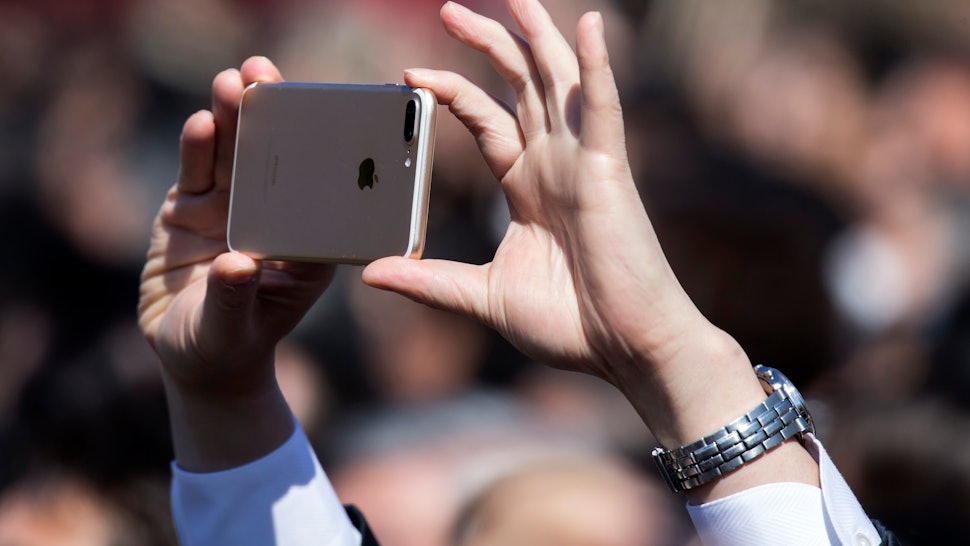
Tomohiro Ohsumi/Getty Images News/Getty Images
The way social media validates our desire to be seen can be a double-edged sword. Sharing and feeling connected with others can be paired with the dopamine rush of their approval — and discomfort if the likes don't roll in. In order to combat that incredibly common letdown feeling, Instagram has begun to trial a 'like-less' feed, where people can't compare their numbers of likes with other accounts, as part of an explicit focus on the mental health of their users. If fixes like that don't go far enough for you, though, some experts recommend a full digital detox or reset in order to reframe your relationship with your phone entirely. But what happens when the week of your reset is over, and you can go back to your past scrolling habits? Science has some ideas on how to make the lessons of a digital reset stick.
Some aspects of social media can play into individual traumas or triggers. I was ordered (yep, ordered) off Twitter by my therapist when the comparisons with other people's shiny achievements started to push my depression triggers. You don't need to feel triggered in order to want to make a change, though. Studies have shown that social media can negatively impact body image, and that teenage girls and young women are particularly vulnerable to social media-induced depression. If you want to do a digital reset, here are some tips from science on how to make it stick.
Continue reading
No comments:
Post a Comment